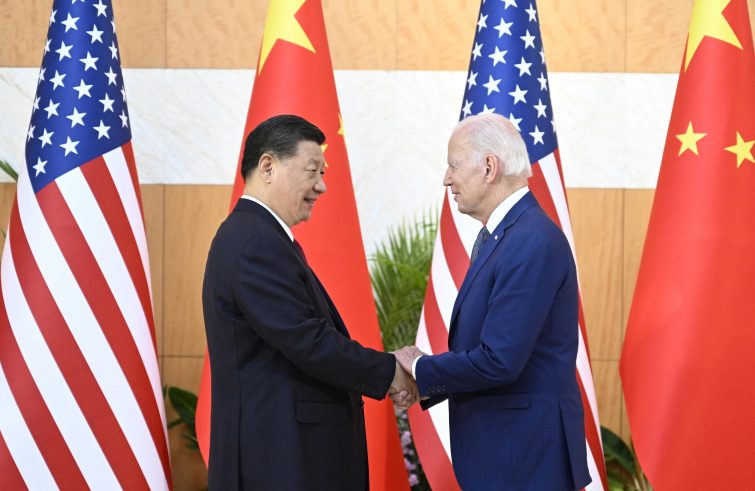
“The two administrations’ separate statements suggest that there was not a rapprochement but a mutually aligned relationship to avoid unchecked downward spirals. This is important because it signals the emergence of an unprecedented, mutually agreed restraint system.” Francesco Sisci, expert on China, long-time foreign correspondent for the Italian press from Beijing, made a positive assessment of the “handshake” between US President Joe Biden and Chinese President Xi Jinping yesterday in Bali, Indonesia, on the sidelines of the G20 summit. The three-hour talks resulted in no joint communiqué and in separate statements, yet they agreed on many points. “The encouraging aspect,” Sisci points out, “is that both said the talks were ‘open’ and ‘candid’, which means they had a straightforward conversation.
An open discussion is important, especially when the discussion is between great powers, because misunderstandings – which in turn can degenerate into disasters – can only be prevented with clear communication.”
Indeed, during the meeting the two leaders touched on some critical issues such as Taiwan, Ukraine and the economy. North Korea was also brought up. Biden informed Xi that the United States will continue competing “vigorously” with China, pointing out that it is prepared to set “limits” and clear rules to the competition since, Biden said, “I’m not looking for conflict.” For Sisci, “the Americans say it’s a competition whereas the Chinese claim it is not, although they say that China has the right to pursue its ambitions worldwide. There is a clear contradiction. It’s clearly a relationship between opposing sides in what amounts to a second Cold War. Nevertheless, we went from a time of confusion that lasted until now to a point in which the situation of bilateral relations is back on track”, Sisci pointed out. “Over the coming months, we will see what this normalisation means in concrete terms, and what it means for China to pursue its agenda while respecting international rules. We shall see.”
It had not happened in years, and yesterday’s meeting was the first face-to-face exchange between the two since Biden and Xi became presidents. It took place against the backdrop of an international scenario marked by the months-long war between Russia and Ukraine, the climate crisis, and the economic consequences of the COVID-19 pandemic. “Another positive aspect of the meeting – Sisci pointed out – is that common areas of cooperation were identified in the course of the talks, including the environment, as well as shared views on issues such as opposing the use of atomic weapons and countering nuclear threats.
This means that Putin is more isolated as a result of the meeting.
But I don’t think that the US granted this meeting in exchange for Putin’s isolation. Rather, I tend to think that China feels cornered and is seeking a way out. Indeed, the Chinese statement also mentions respect for international regulations, respect for the world order, and that China has no intention of undermining the U.S. role in the world. These are all aspects of communication intended to soften the sharp and rough edges.”
The meeting in Bali, however, hardly paves the way to new prospects in the diplomatic relations between the superpowers. “China wants to stand with China, which doesn’t mean standing with Russia, and neither does it mean standing with the U.S.. China stands with China. It does not want to be crushed by the US and it does not want to be overwhelmed by Russia. In other words, China sees itself as having its own political agenda and that agenda does not coincide with Russia’s.
However, we should not make the mistake of assuming that since China’s agenda does not coincide with Russia’s, it means that it corresponds with the United States’. That is not the message China wants to give. China simply stands with itself.”











